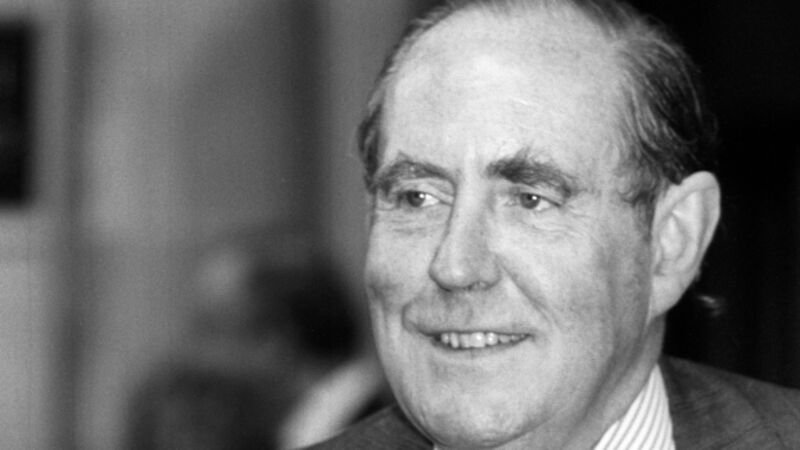UK government thought about leaking details of NI talks to show Dublin 'intransigence'

The British government considered leaking details of Irish "intransigence" during Northern Ireland talks in 1990.
Britain's ambassador to the Republic of Ireland, Nicholas Fenn, envisaged an Anglo-Irish row in which international opinion and a substantial section of the Irish public would support them against the Dublin government.













